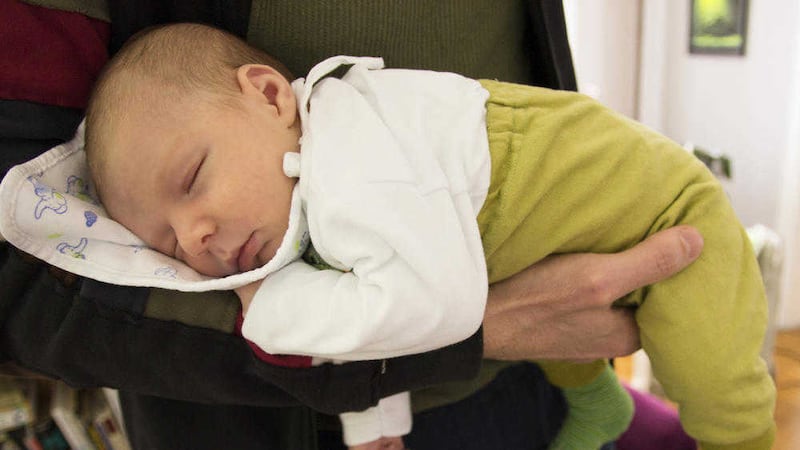Q: "What is transient lactase deficiency in a baby, and what are the best ways of dealing with it?"
A: Midwife and independent health visitor Penny Lazell says: "Transient lactase deficiency is also known as infant colic. Symptoms are often a very unsettled baby who is fussy and gassy and has obvious abdominal cramps. They will have an intense cry and are usually difficult to settle. They may calm by feeding but this then exacerbates the problem as more lactose is introduced to the gut.
"If a baby has transient lactase deficiency, it can be very distressing for both parents and baby. Often eliminating the lactose from the mother's diet if breastfeeding can resolve the problem, and formula-fed babies can be given specialist formulas. However, it's often hard for mothers to change their diet and many babies don't tolerate formula feeds. Introducing a lactase enzyme drop with feeds can often resolve the problem.
"Try not to worry as it's a temporary condition. Transient lactase deficiency usually occurs in the first few months of life when babies may not have produced enough lactase enzyme to break down the lactose in the milk.
"Giving smaller, frequent feeds can reduce the amount of lactose a baby takes. Try feeding your baby in different positions – for instance, the rugby ball hold for breastfed babies, or sitting more upright if formula fed. This often helps slow down the feed.
"Once you've finished feeding, try holding your baby in an upright position as this can help reduce discomfort.
"Where stomach cramps are causing distress, introduce gentle massage techniques to relieve discomfort, and try skin-to-skin contact as this can have a calming effect on you and baby.
"Warm baths may also help relieve discomfort, and carrying baby in a sling or sitting them in an upright position after feeds may also help digestion."








